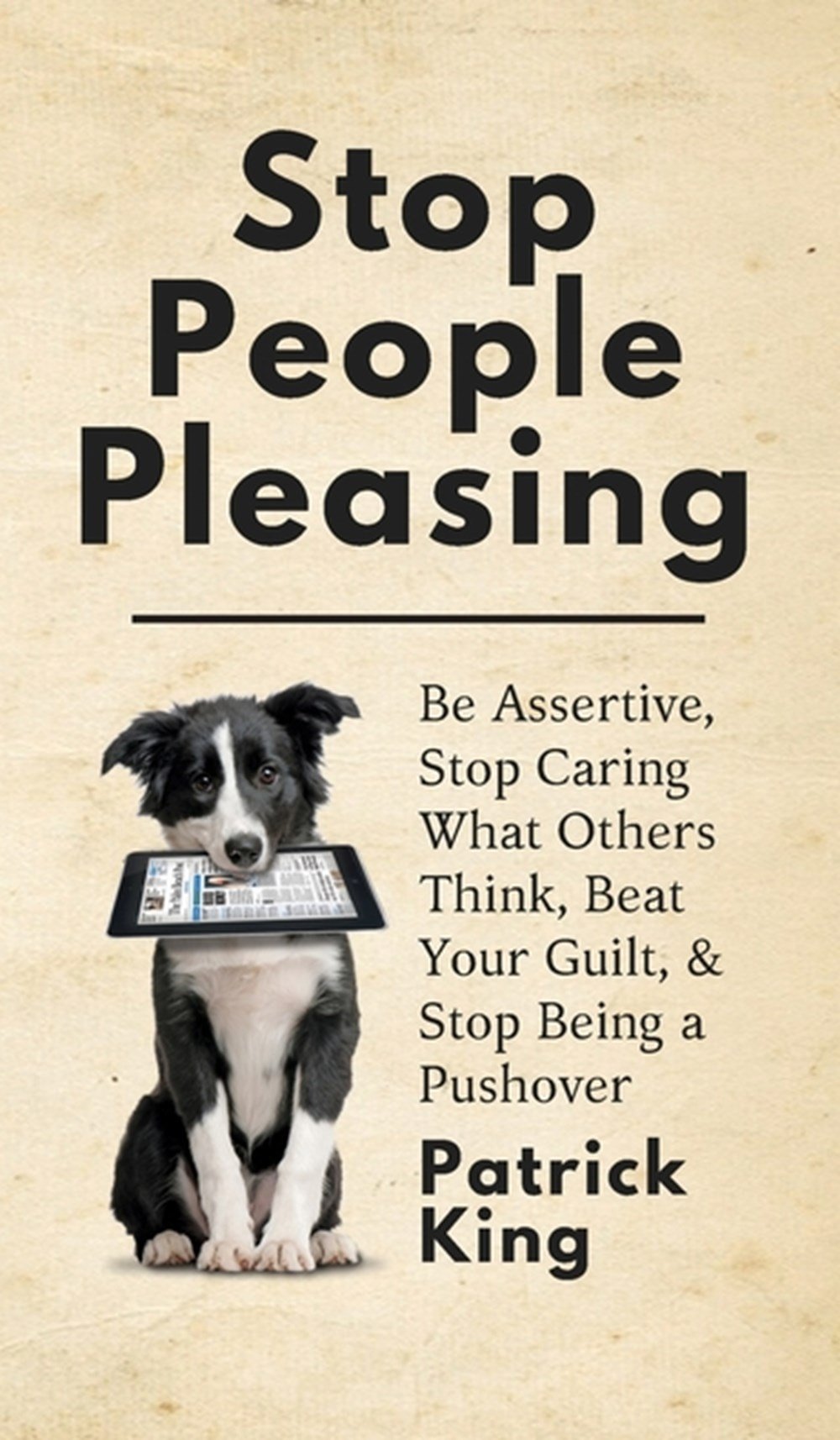Word-Of-the-Week #912: Pleasing
January 27, 2022 by Susan Clarke · Comments Off on Word-Of-the-Week #912: Pleasing
Pleasing– to do what is wanted by a person.
Have you ever done something for someone that they wanted, and you didn’t? How comfortable are you with expressing your needs and wants? Are you clear about your personal values?
This week features excerpts from the 2nd half of “This Is What It Looks Like to Set Personal and Emotional Boundaries. We all need to set them—here’s what that means and how to do it for mental well-being,” by Elizabeth Yuko at Real Simple.
“Here are some strategies and examples from our experts to help you get started.
1. Think through what you need/want to accomplish by setting boundaries.
You may not immediately know which parts of your life are most in need of boundaries, and that’s OK. Give yourself the time and space for self-awareness and reflection, and then to process your thoughts and gain a sense of clarity. “Verbalizing and naming emotions allows individuals to understand different perspectives and makes a request appear more like a request rather than a criticism,” says Dr. Magavi.
2. Use your personal values as a guide.
When it comes to setting boundaries, Flint says they need to be in line with your personal values. She notes that we do have some control over scenarios like these when we are mindful of what our values are, and prioritize what brings us contentment, fulfillment, and joy.
3. Understand that different relationships require different boundaries.
Boundaries are often very different depending on the situation and the people involved, according to Manly. For example, you may have very flexible boundaries with an intimate partner. “Intimacy thrives when both partners understand and honor each other’s boundary needs, and this respectful attitude contributes to the ongoing boundary flexibility,” she explains.
In a work setting, however, it is appropriate for employers and staff members to have more rigid boundaries. “Certain behaviors, such as sharing of personal information, sexual contact, and flirting—especially between management and staff—are generally inappropriate, and often illegal,” Manly notes.
And when it comes to family members, the nature of healthy boundaries depends on the overall family dynamics. “If family members tend to be overbearing, fairly rigid boundaries may be needed for psychological well-being,” she says. “If family members are respectful and considerate, boundaries may be far more flexible in nature.”
4. Evaluate your relationships.
Knowing that different types of relationships require their own set of boundaries, it’s time to take a closer look at those relationships. “In order for you to know where you need to put boundaries in place, you need to evaluate your relationships and what you value in your life,” Flint says. “If you aren’t getting enough of what you value—like family time, financial security, etc.—then how do you set a boundary to support the fulfillment of bringing my life into more balance? Boundaries are often trial-and-error as we start. It is OK to ‘tweak’ them over time so that they are the right expression of your limits.”
5. Realize that it takes practice and patience.
For some people, even thinking about setting boundaries can trigger anxiety. “As you practice setting boundaries, you may certainly feel anxious and unsettled until it becomes natural,” Manly explains. “Even if it’s tough at first, practice stating your truth with dignity, courage, and respect.”
6. Speak up (respectfully).
Once you start to figure out which parts of your life could benefit from boundaries, start taking steps towards implementing them. According to Dr. Magavi, this could involve things like asking someone for clarity, respectfully correcting someone, or expressing discomfort with someone’s behavior.
But don’t be surprised if your issues with a person don’t disappear after addressing them once. “It may be necessary to reiterate information,” Dr. Magavi says. “Setting a foundation and allowing fluid conversation at the beginning or any point of a relationship solidifies a pattern and allows healthy boundaries to stand tall and strong. If individuals do not respect boundaries, it is appropriate to contend that this causes discomfort and walk away from the relationship.”
7. Pay attention to relationship changes, and hold your ground.
When you establish healthy boundaries, naturally, the people who are used to you being a doormat may get irritated or upset. In fact, Manly says that some may even continue to disrespect your boundaries. “As you move forward, you’ll find that some people will be supportive of your healthy new boundaries,” she notes. “Others may be unwilling to accept and honor the ‘new you.’ Sometimes the wisest move is to distance yourself from those who choose not to respect your boundaries.”
This week’s focus is on pleasing. How comfortable are you with stating your truth? Have you taken the time to evaluate your relationships and what you value in your life? Is there anyone in your life that you need to distance yourself from?
I LOVE feedback! Join my Facebook community on my FUN-damentals Fan Page.

